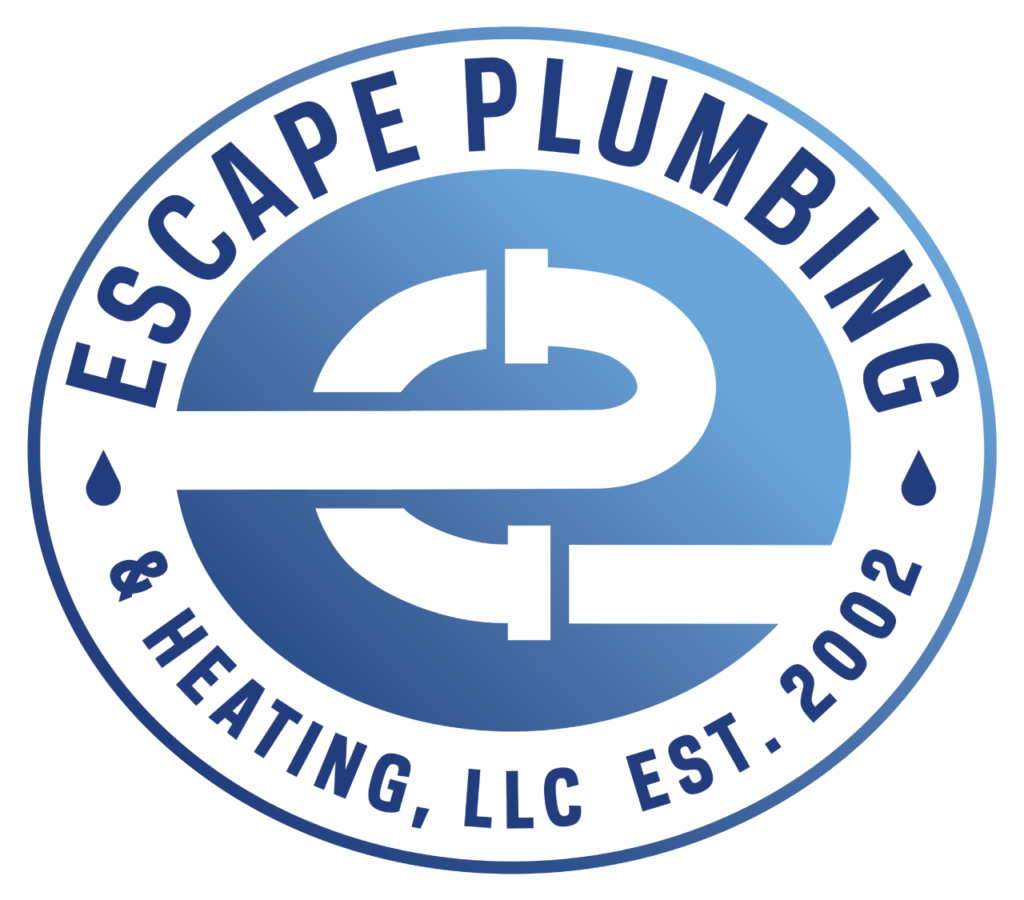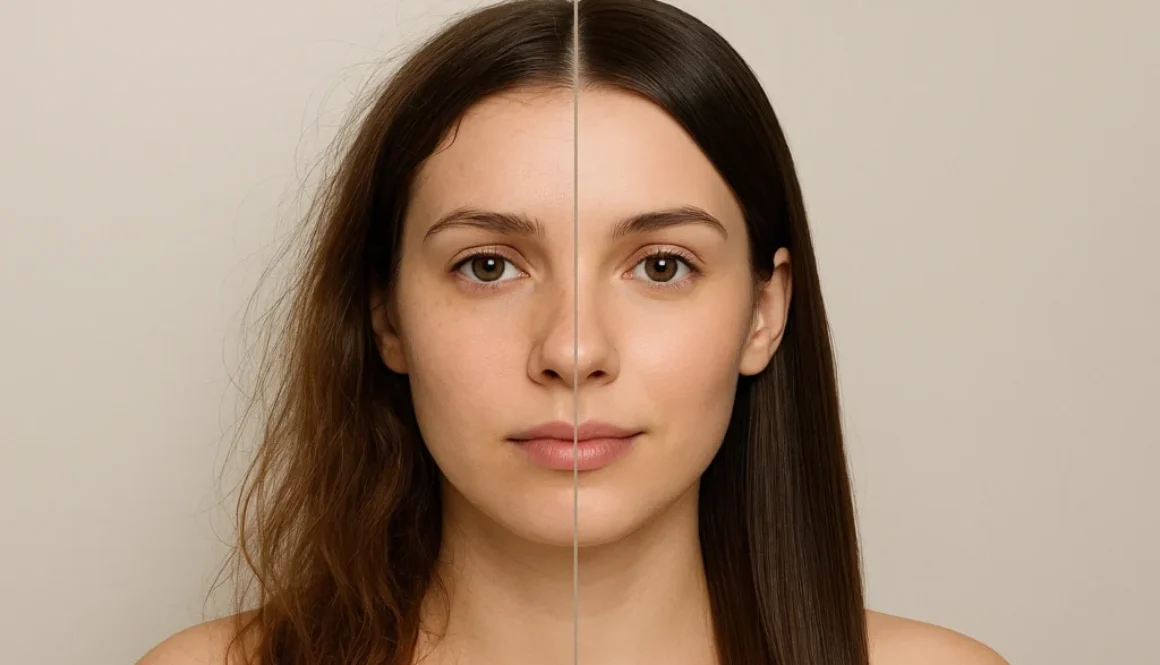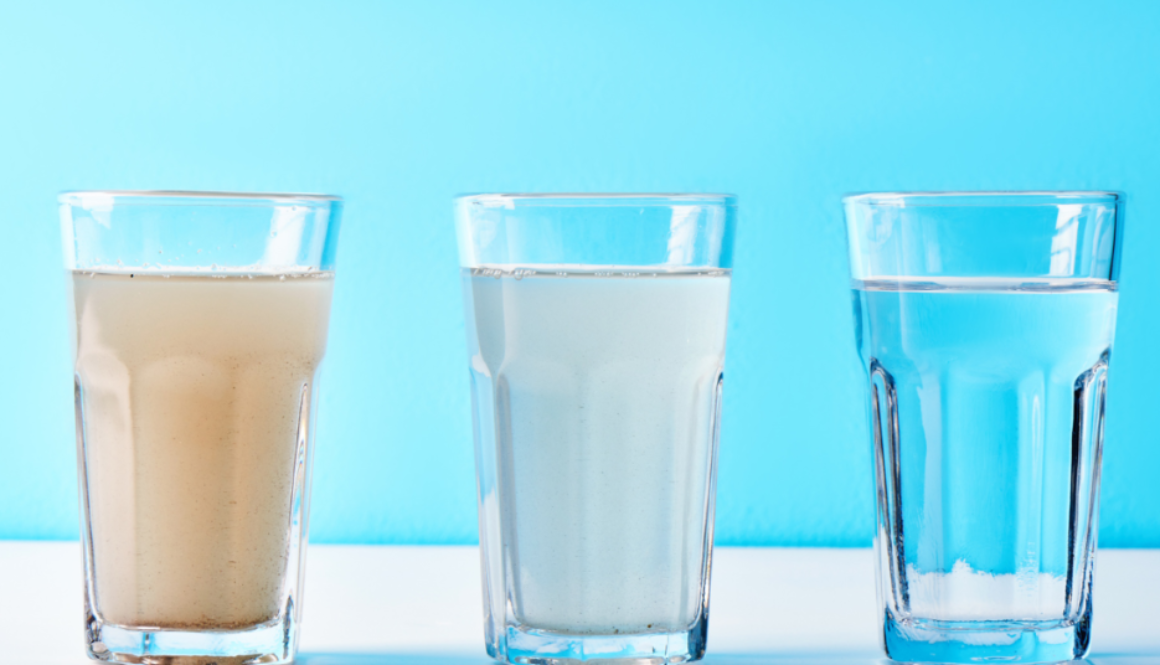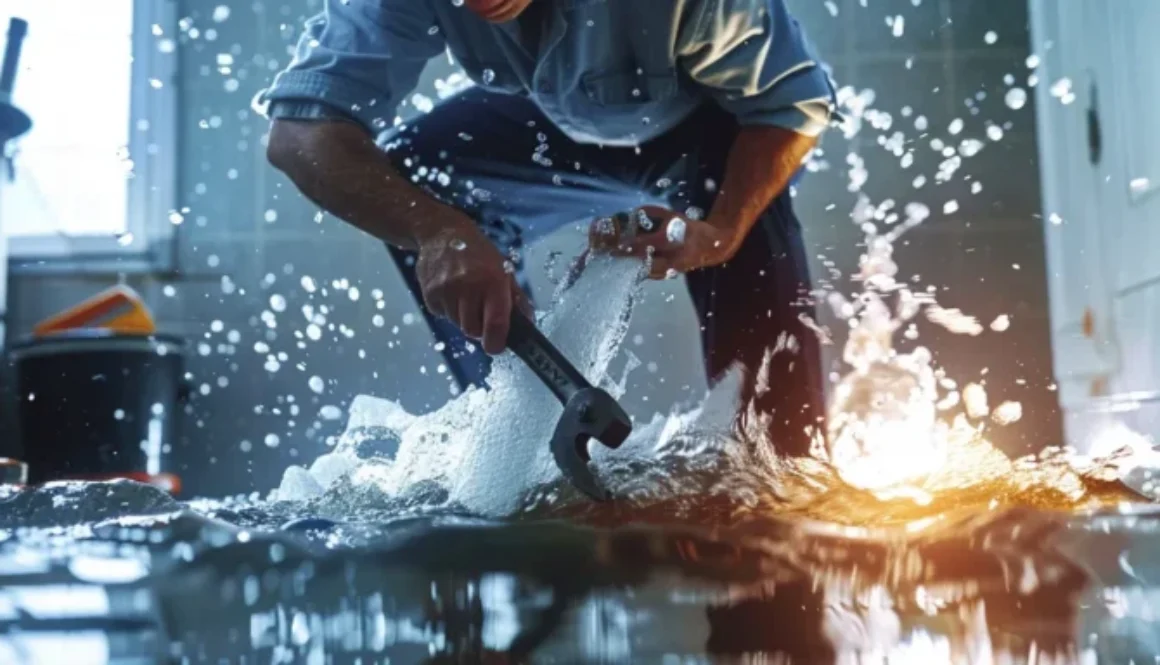Hard Water in Connecticut: The Hidden Culprit Behind Your Household Headaches
Picture this: You’re stepping out of what should have been a refreshing shower, but instead of feeling clean and invigorated, your skin feels like sandpaper and your hair resembles a tumbleweed from an old Western movie. Welcome to the not-so-glamorous world of hard water—Connecticut’s best-kept secret that nobody wants to talk about at dinner parties.
If you’re a homeowner in the Constitution State, chances are you’re dealing with this mineral-heavy menace without even realizing it. Hard water isn’t just an inconvenience; it’s like having an uninvited houseguest who slowly destroys everything they touch while driving up your utility bills. But here’s the thing—you don’t have to live with it.
What Exactly Is Hard Water? (And Why Should You Care?)
Hard water is essentially nature’s way of saying, “Hey, let me add some extra minerals to your H2O!” While that might sound healthy, it’s more like adding sand to your morning coffee. The culprits? Calcium and magnesium minerals that your water picks up as it travels through limestone, chalk, and gypsum deposits—which Connecticut has in abundance.
Think of hard water as the overachiever in chemistry class who just won’t quit. It’s constantly trying to leave its mark on everything it touches, from your dishes to your hair to your plumbing system. And trust me, its report card isn’t one you want to post on your refrigerator.
The Tell-Tale Signs: How Do I Tell If I Have Hard Water?
Your Soap Becomes a Stubborn Negotiator
Ever notice how your soap refuses to lather properly? It’s not being dramatic—it’s literally fighting a chemical battle with those pesky minerals. When soap meets hard water, it forms what chemists politely call “soap scum,” but what I like to call “bathroom graffiti that won’t wash off.”
White Spots That Multiply Like Rabbits
Those chalky white spots on your dishes, faucets, and shower doors aren’t just aesthetic issues—they’re mineral deposits throwing a permanent house party. These spots are basically calcium and magnesium saying, “We were here!” in the most annoying way possible.
Your Appliances Age in Dog Years
Hard water is like kryptonite for your appliances. Your dishwasher, washing machine, and water heater work overtime trying to function with mineral-clogged systems. It’s like asking someone to run a marathon while wearing concrete boots.
| Appliance | Hard Water Impact | Typical Lifespan Reduction |
|---|---|---|
| Water Heater | Mineral buildup reduces efficiency and clogs heating elements, forcing the system to work harder and consume more energy | 2-3 years shorter |
| Dishwasher | Clogs spray arms and valves while leaving white spots on dishes, reducing cleaning effectiveness | 1-2 years shorter |
| Washing Machine | Damages internal components and reduces soap effectiveness, leading to dingy clothes and mechanical wear | 1-2 years shorter |
The Personal Touch: How Hard Water Affects Your Body
Is Hard Water Bad for Your Hair?
Let me paint you a picture: Hard water and your hair have about as much chemistry as oil and water (pun intended). The minerals in hard water create a film on your hair shaft, making it feel rough, look dull, and behave like it has commitment issues with any styling product you throw at it.
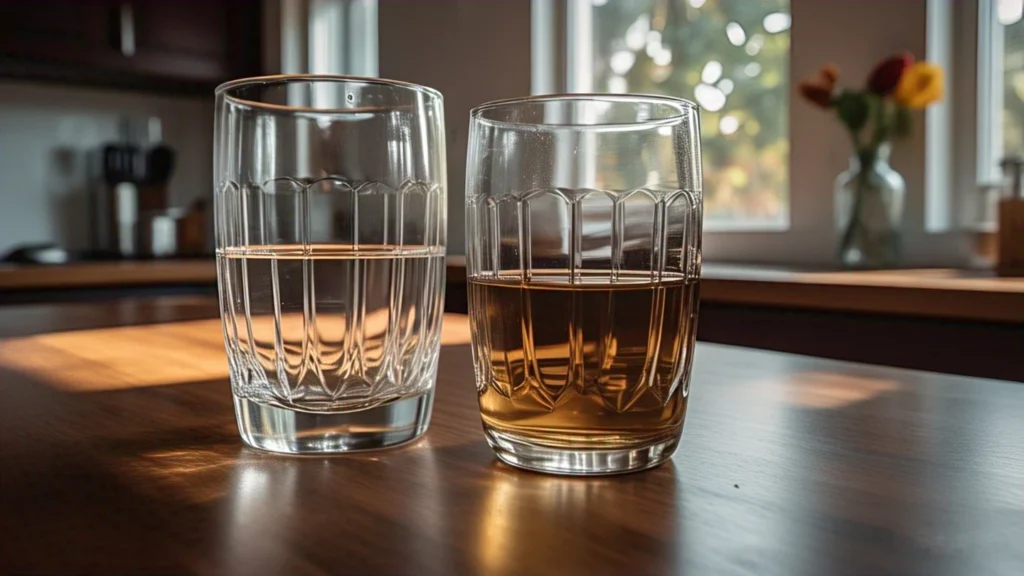
Research from Healthline shows that hard water can make your hair more prone to breakage and can even fade color-treated hair faster than a sunset in winter. Your expensive shampoo? It’s basically fighting an uphill battle against mineral deposits.
How Do I Know If I Shower with Hard Water?
Your skin is often the first whistleblower when it comes to hard water exposure. If you’re stepping out of the shower feeling like you’ve been sandblasted, that’s your skin’s way of staging a protest. Hard water doesn’t rinse soap residue properly, leaving a film that can clog pores and cause irritation.
Is Hard Water Bad for Skin?
Think of hard water as that friend who means well but always leaves you feeling worse after spending time together. The mineral deposits can strip your skin’s natural oils while simultaneously leaving behind residue that clogs pores. It’s like getting the worst of both worlds—dry skin AND potential breakouts.
Testing the Waters: How to Check Water Hardness at Home
The DIY Detective Work
You don’t need a chemistry degree to play water detective. Here are some foolproof methods:
The Soap Test: Fill a clear plastic bottle one-third with water, add 10 drops of liquid dish soap, cap it, and shake vigorously. If you get lots of fluffy suds and the water below is clear, congratulations—you have soft water. If the suds are minimal and the water is cloudy, welcome to the hard water club.
The Visual Investigation: Take a close look around your home. White, chalky buildup around faucets, in kettles, or on shower doors is like hard water’s calling card.
Can I Test My Own Water for Hardness?
Absolutely! Home test kits are available at most hardware stores and online. These typically measure hardness in grains per gallon (gpg) or parts per million (ppm). Here’s the breakdown:
- Soft: 0-3.5 gpg (0-60 ppm)
- Moderately Hard: 3.5-7 gpg (60-120 ppm)
- Hard: 7-10 gpg (120-180 ppm)
- Very Hard: 10+ gpg (180+ ppm)
Connecticut’s water typically falls into the “moderately hard” to “hard” categories, depending on your specific location.
The Connecticut Connection: Why Our State Has a Hard Water Problem
Connecticut’s geological makeup is like a mineral buffet for groundwater. Our bedrock contains significant amounts of limestone and other calcium-rich formations. As water travels through these underground layers, it picks up minerals like a tourist collecting souvenirs—except these souvenirs follow you home and never leave.
The Connecticut Department of Public Health reports that many areas of the state, particularly in the central and eastern regions, have naturally occurring hard water due to the geological composition of the bedrock.
Solutions That Actually Work: Water Filtration Systems
The Whole Home Water Filter Revolution
Here’s where the story gets exciting. A whole home water filtration system is like hiring a bouncer for your plumbing—it keeps the troublemakers (minerals) out while letting the good stuff (clean water) flow freely.
These systems work at the point where water enters your home, treating every drop before it reaches your faucets, showers, and appliances. It’s comprehensive protection that doesn’t play favorites.
Types of Whole House Water Filter Systems
Ion Exchange Water Softeners: These are the heavy hitters of the hard water world. They swap those troublesome calcium and magnesium ions for sodium or potassium ions. Think of it as a diplomatic exchange program, but for minerals.
Salt-Free Water Conditioners: These systems don’t actually remove minerals but change their structure so they don’t stick to surfaces as readily. It’s like teaching the minerals better manners without kicking them out entirely.
Reverse Osmosis Systems: The premium option that removes virtually everything from your water, including minerals, chemicals, and other contaminants. It’s like having a molecular-level security system.
How to Fix Hard Water in a House
Installing a whole house water filtration system is typically the most effective long-term solution. While point-of-use filters (like those pitcher filters) can help with drinking water, they don’t address the broader household impacts of hard water.
Professional Installation Benefits:
- Proper sizing for your home’s water usage
- Integration with existing plumbing
- Warranty protection
- Regular maintenance scheduling
Conclusion: Your Next Steps to Softer Water
Hard water in Connecticut isn’t just a minor inconvenience—it’s a legitimate household challenge that affects everything from your morning shower to your monthly utility bills. But here’s the empowering truth: you don’t have to accept chalky dishes, rough hair, and mineral-stained fixtures as facts of life.
A quality whole home water filtration system transforms your daily water experience from frustrating to fantastic. It’s an investment that pays dividends in appliance longevity, reduced cleaning costs, and improved quality of life.
Ready to say goodbye to hard water headaches? Start by testing your water hardness, then consult with local water treatment professionals to find the perfect water filtration system for your Connecticut home. Your future self—and your hair—will thank you.
Take Action Today:
- Test your water hardness using a home kit
- Research whole house water filter systems that fit your budget and needs
- Contact local professionals for installation quotes
- Calculate potential savings from reduced appliance wear and cleaning product usage
Remember, every day you wait is another day of mineral buildup in your pipes, appliances, and on your hair. Connecticut’s hard water won’t soften on its own—but with the right filtration system, you can turn your home’s water from a daily frustration into a daily luxury.
